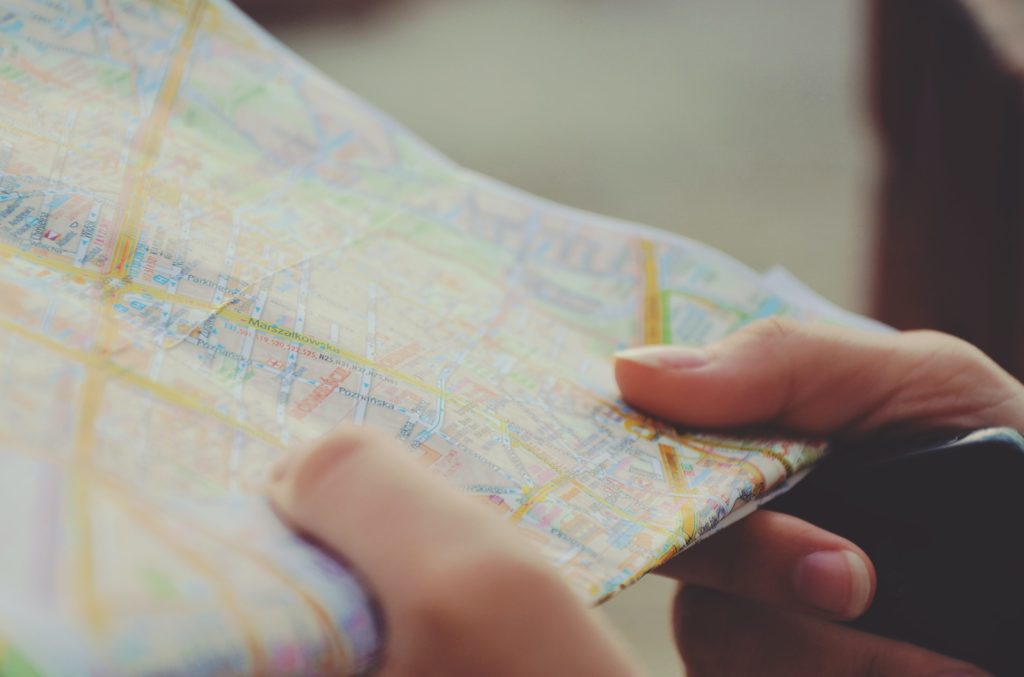Improving customer service is a critical part of staying ahead in the extremely competitive landscape of today, particularly in the hospitality industry.
Superb guest experience (GX) is not only a nice-to-have but a must-have in any hospitality business.
Studies show that higher customer satisfaction rates and lower customer churn are achieved in companies where a customer experience strategy is successfully implemented.
In a recent review, Deloitte wrote: “Gathering guest information, analyzing it, interpreting it, sharing it with the right people at the right time, and using it smartly to create a GX that is relevant and distinctive is what has and will continue to distinguish hotels from the masses.”
Knowing and understanding the guests is the secret to providing the experiences of the next generation that today’s guests expect from a facility.
The development and delivery of these interactions, however, is easier said than done.
One way that hospitality companies can offer a better GX is to harness location intelligence and integrate those insights into their business strategy.
That’s why in this article, we are going to explain how essential location intelligence is for hotels and provide easy steps for facility owners to increase booking for hotels.

What Is Location Intelligence?
Location intelligence involves the people and technology used to visualize spatial data identifying trends and relationships resulting in information that can be acted upon.
Using geographic information system (GIS) tools, location intelligence provides data-driven insights that span a myriad of usage cases.
The very first recorded example of location intelligence is credited to the success of John Snow in London in 1854 when an outbreak of cholera was tracked and diminished by mapping the area of cases overlapped by a map of specific water pumps.
Grow Your Location Footprint
Boost your business with key location insights and data-driven expansion strategies. Location Intelligence & Business Management Platform for growing brands.
What Does Location Intelligence Do?
Location intelligence enables business and government analysts to enhance their strategic role by leveraging location data produced from customer habits, environmental factors, data sources from the Internet of Things (IoT), and GPS.
Spatial analytics allow the public and private sectors to identify patterns and trends that contribute to particular business needs.
Spatial analytics helps both the public and private sectors to identify patterns and trends that relate to specific business needs, which consequently make strategic decisions more successful.

What Are Location Intelligence Tools?
Location intelligence companies provide tools that allow organizations to collect and aggregate big data, analyze it, filter it, and visualize the results at a very specific or granular level that is mapped to a geographic location.
Location intelligence tools are often software-based dashboards that allow for intuitive visualization of spatial data by LI analysts and decision-makers.
They demonstrate patterns and business opportunities that are missing from conventional analytics tools that lack the “mapping” capabilities.
How do hotels and travel companies use location intelligence?
Now that we read all about location intelligence and how it works, we can focus on how this technology is used in hotels and travel companies. Below, you can read the benefits of location intelligence for hotels:
1. Targeting the audience
Reach out with your promotional campaign to Frequent Travelers, Business Travelers, and other forms of travelers.
You are able to choose from hundreds of ready-made Gravy Audiences available through leading Data management platforms (DMP) and Digital signal processing (DSP).
2. Enriching Consumer Data
Enrich your first-party customer data with location-based insights that give you the opportunity to customize your marketing campaigns over the entire journey of your traveler.
Plan travel packages and loyalty rewards to fulfill the needs and wishes of your customers.
3. Inform On-Site Selection
Find out how guests spend their time off-property in hotels.
Knowing the affinities of visitors helps you to find new markets for hotel amenities and guest events while increasing profits and enhancing satisfaction.
4. Competitive Research
Compare and assess the performance of your hotel against competing brands in every market.
Measure location performance against developments in the national and local market, and recognize opportunities to build competitive advantage.
5. Conquest
Start powerful conquest campaigns that target established customers of your competitors.
Acquire new guests by submitting your ad or offerings to former hotel chain guests, such as Wyndham, Marriott, or Hilton.
6. Opportunities for Co-Marketing and Sponsorship
Develop the comprehension of the actions of hotel guests.
Check out where your visitors dine, eat, and shop when they are on your property.
Find local opportunities for co-marketing and sponsorship which expand your brand and delight your customers.

How Location Intelligence for Hotels Can Increase Booking?
The more Hotels use technology, the more data becomes accessible to them.
Those metrics are so useful for the hotel property owners and sales managers. Once you know how to organize, evaluate, and apply the right hotel data, you are able to:
- Establish a better guest experience
- Have more party activities and rooms booked
- Get ahead in the competition
- Grow the bottom line
Although data can be implemented in several ways by the hospitality industry, these four are among the most debated applications.
1. Determine strengths and weaknesses
Take into account the number of available hotel reviews on Expedia, Travelocity, Facebook, Twitter, and more.
Hotels operate in a market where consumers are more than willing to share their in-depth experience.
While these reviews may seem “qualitative,” you might be able to derive statistics and numbers from them. Too many people are positive? Which phrases or terms are most commonly used?
Organizing these analytics for hotels so that they can be evaluated provides you with a big opportunity.
The aspects your customers love the most about your hotel can be established and capitalized in your marketing.
For example, it is better for you to highlight the area on your website if you notice that most visitors come to you because of your location (as opposed to your facilities, price, or something else).
Negative reviews are equally useful. Figure out where you missed the mark and devote yourself to change.
On the other hand, you must take a look at the poor feedback of the rivals, and highlight the areas in which you are outshining them.
2. Boost Occupancy Rates
In most hotels’ efficiency is the main objective of the game. Hotel managers must fill up the spaces and rooms for the right price. Analyzing the occupancy data can be of benefit to achieve such a goal.
The very first step is to forecast the demand and prices accordingly.
For instance, if there is going to be a great event in your city, you can raise your rates a little to get the most ROI. Most specifically, you should look at the occupancy levels from previous years to assess which hours, days, weeks, or seasons are most in demand.
On the other side of the coin, you must be competitively pricing your rooms while the demand is lower.
Check when you have the fewest visitors, then decrease your prices just enough at that stage to draw new customers and guests for your facility.
That is not something new, however, today most hotels are manually attempting such a change in rates. When you gather more data, you can make more reliable forecasts and eventually automate the task for different times of the year.

3. Understand the Needs of Your Customers
The goal of hotels is all about making people comfortably feel at home. Y
ou know where the towels are at home, you are in charge of the A/C, and you know where you can find a bite to eat. Hotels profit from knowing just what consumers want and quickly satisfying their needs.
So how can hotel data be of use to achieve this? Too much information is held in your systems! For instance:
- What time do guests check-in and check-out?
- How much time do guests spend in their rooms? And how often?
- What restaurants do the guests ask to book?
- Where are the guests visiting your facilities from?
- How much money are they spending on extras such as room service or spa treatments?
When you know the most popular preferences of your target audience, you can build specialized deals and offers only for them. Creating specialized offers and deals requires strategic planning.
And you can also segment clients into various groups, depending on the size of your hotel. That is, corporate travel is likely to have different traditions than vacationing families.
In case you have data on both, you can easily target all of them: you can inform families about the daycare service offered by the hotel, while at the same time providing free Wi-Fi for business and corporate guests.
4. Reaching to the right audience by using time and location-based marketing
Marketing departments will advertise the hotel to visitors, wherever they are, precisely where they need a place to stay, using the data extracted from previous hotel marketing campaigns.
A great example of this concept: if your hotel is close to the airport, you can create a mobile market campaign aimed at travelers looking for a place to stay after the cancellation of the flight.
What kind of hotel data would you need for a campaign of this nature? Well, it is actually data found outside your own premises:
- Data on canceled flights
- Season and Weather Conditions
- Areas most influenced by weather and/or flight cancellations


